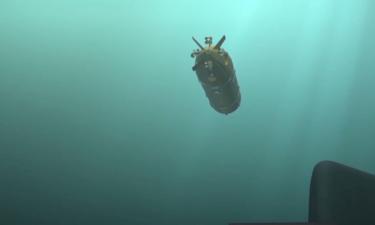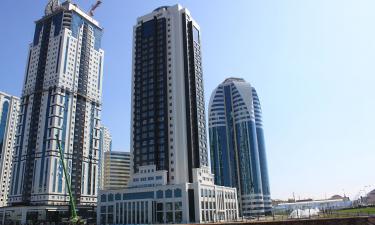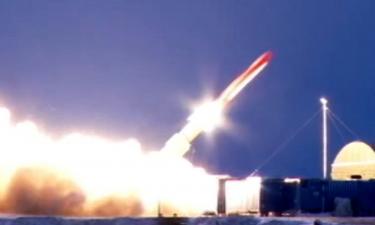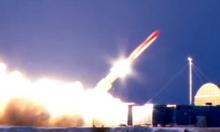Thousands of Kosovo line streets to bid farewell to late president
Thousands of ethnic Albanians threw flowers and wept as the flag-draped coffin of Kosovo President Ibrahim Rugova the man who embodied their dreams of an independent state made its way to his last resting place Thursday. Rugova's family and colleagues marched solemnly behind his coffin as onlookers stood in total silence. He was to be buried later in a white marble tomb.
Rugova died Saturday of lung cancer at age 61 after serving 16 years as the leader of Kosovo's ethnic Albanians and leading their demand for independence from Serbia, which wants to maintain control of the province.
"You fulfilled your dream, you laid the foundation for Kosovo to become free and independent state," the head of the province's parliament, Nexhat Daci, eulogized.
"It is a cruel irony of history that he left at the moment he was most needed, the very moment he was expected to provide leadership in helping to settle the future status of Kosovo," Javier Solana, the European Union's foreign policy chief, told the crowd.
Rugova's casket was laid in the bad of white roses in a ceremony hall adorned with the presidential insignia where somber music was played. Local and foreign dignitaries set around in circle around the flag-drapped black wooden casket with gold handles gathered there for the last ceremony before his burial later in the day.
"President Rugova has left a void behind him," said Soren Jessen-Petersen, Kosovo's U.N. administrator."But he has also left a vision to guide Kosovo forward."
"It is a vision whose fulfillment he did not live to see, but whose realization will be achieved through the unity and commitment of those who follow him," Jessen-Petersen said.
With no one in line to take Rugova's place, Kosovo's political scene has been thrown into disarray as the province prepares for talks on its final status. The talks, which had been due to begin in days, have been postponed to next month.
Rugova's death is "a great loss in these moments when we need him," said Gani Shahini, 77, from the town of Shtimje. "He has built our past and now we need to finish what he has started."
An honor guard carried the casket out of the hall and onto a vehicle passing through the streets of Pristina, where tens of thousands lined the streets before he is lowered into a grave overlooking Kosovo's capital, at The Martyrs' Cemetery, a memorial complex initially dedicated to the victims of World War II. It has since become a graveyard for members of the Kosovo Liberation Army, the ethnic Albanian rebel force that fought Serb troops in Kosovo's 1998-1999 war.
Rugova's grave will be a short distance from his family and the official residence, a place from where he spoke to the world and met foreign dignitaries, insisting they recognize the tiny province of 2 million as a state.
Some of those same dignitaries will be joining thousands of mourners, braving the cold and putting to rest the man whose peaceful ways of confronting repression came to be seen as a rarity in the conflict-ridden Balkans.
A pine tree for each of his 61 years has been planted at the vast funeral site, which bulldozers and workers have intensively prepared since his death.
Hundreds of thousands have waited for hours to pay tribute some bowing their heads, others crying in front of the flag-draped coffin.
Rugova's body has lain in state since Monday, in a coffin placed on a bed of white flowers, his portrait hung to face the mourners.
All institutions and businesses throughout Kosovo will observe a day of mourning Thursday. Authorities have declared a 15-day mourning period, a time that might be used to find a successor to Rugova. Rugova won international admiration for his peaceful opposition to Serb dominance of the province in the 1990s, an approach that won him the nickname "Kosovo's Gandhi."
Kosovo, which officially remains a province of Serbia-Montenegro, has been administered by the United Nations since 1999 when NATO-led bombing ended a Serb crackdown on separatist ethnic Albanians, reports the AP.
D.M.
Subscribe to Pravda.Ru Telegram channel, Facebook, RSS!




